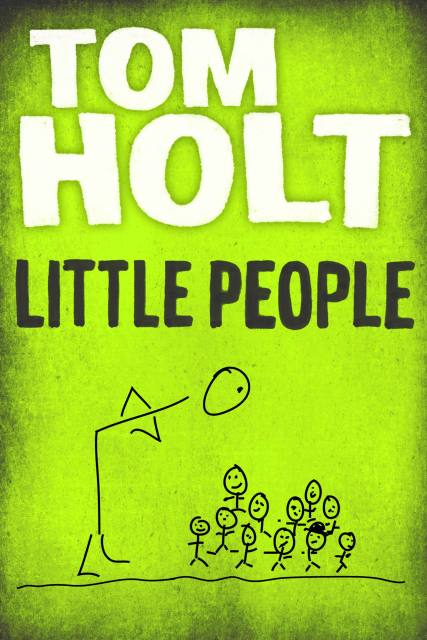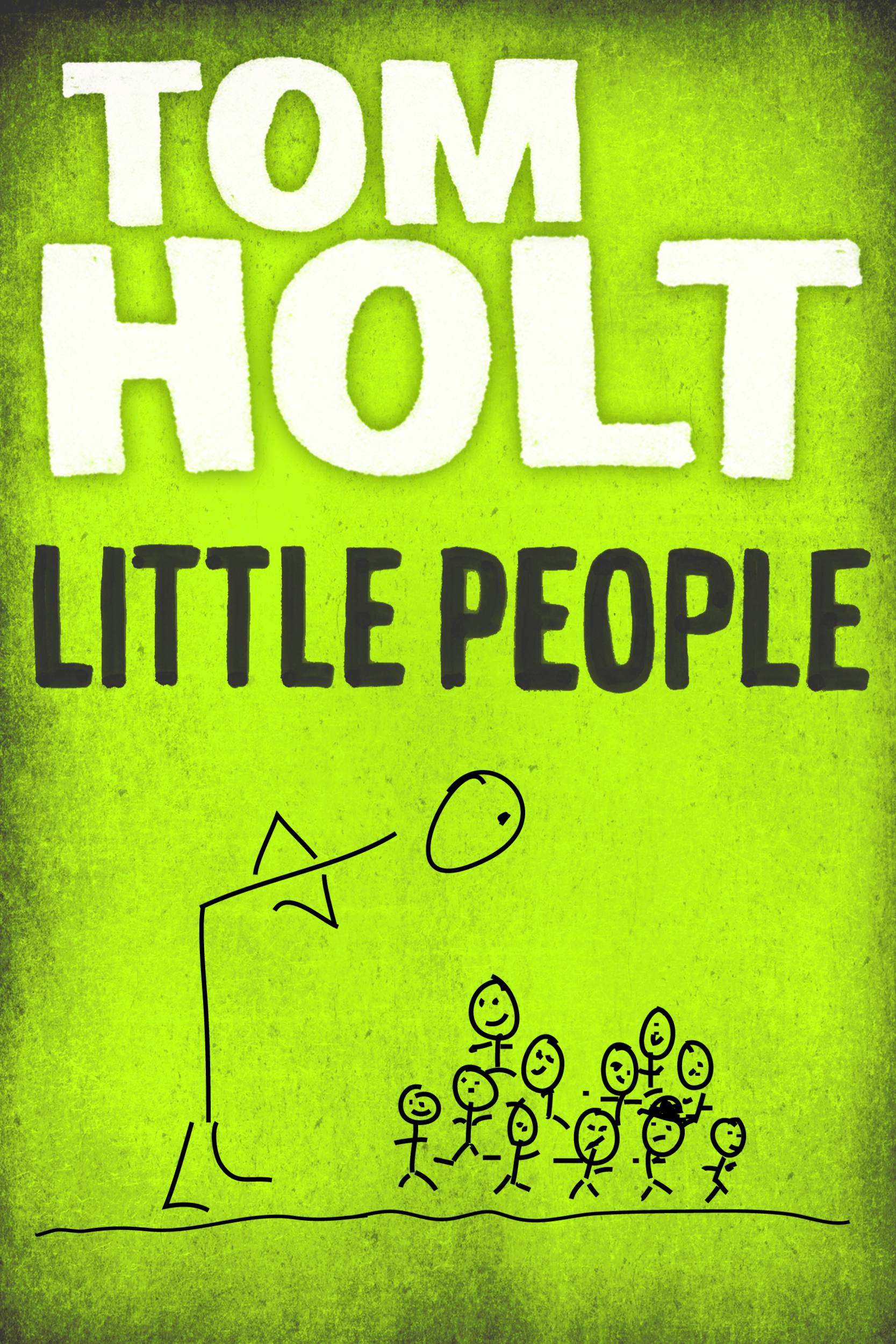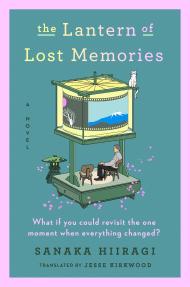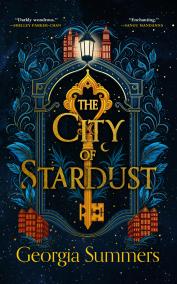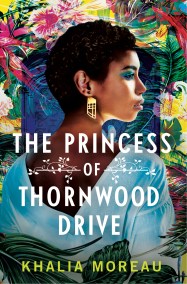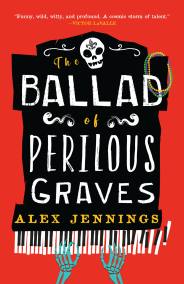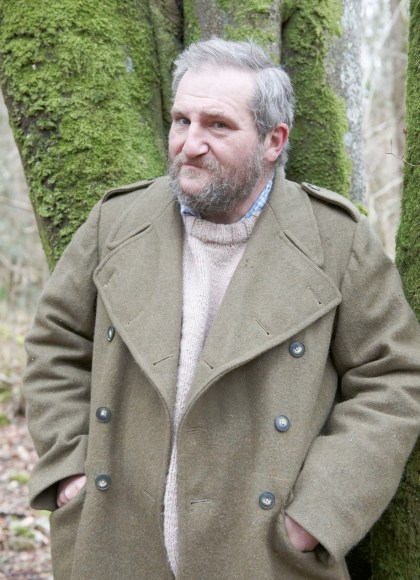By clicking “Accept,” you agree to the use of cookies and similar technologies on your device as set forth in our Cookie Policy and our Privacy Policy. Please note that certain cookies are essential for this website to function properly and do not require user consent to be deployed.
Little People
Contributors
By Tom Holt
Formats and Prices
Price
$5.99Format
Format:
ebook (Digital original) $5.99This item is a preorder. Your payment method will be charged immediately, and the product is expected to ship on or around September 4, 2012. This date is subject to change due to shipping delays beyond our control.
Also available from:
“I was eight years old when I saw my first elf.” And for unlikely hero Michael it was his last. Cruella, Michael’s unfortunately named girlfriend, doesn’t approve of his obsession with the little people. But the problem is that they won’t leave him alone. And who can blame them when it’s Michael’s own stepfather who’s responsible for causing them so much misery? Oh yes. Daddy George knows that elves can do so much more than gardening.
- On Sale
- Sep 4, 2012
- Page Count
- 384 pages
- Publisher
- Orbit
- ISBN-13
- 9780316233187
Newsletter Signup
By clicking ‘Sign Up,’ I acknowledge that I have read and agree to Hachette Book Group’s Privacy Policy and Terms of Use
